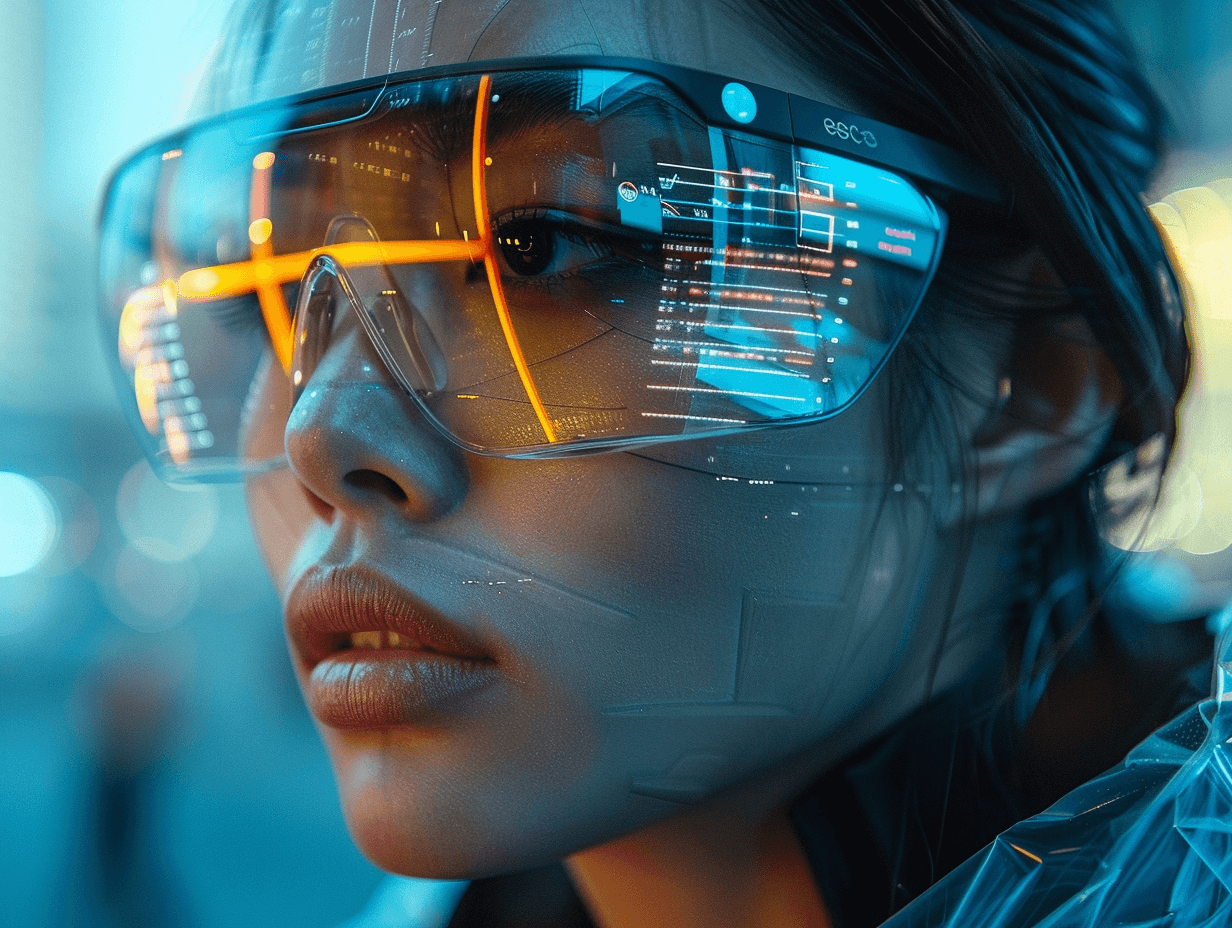TL;DR:
- Human consciousness is a vast and deep phenomenon with roots in cellular intelligence.
- AI and AGI are challenging human intelligence, necessitating its evolution.
- Understanding our connection to life can guide ethical choices and shape the future of AI and AGI in Asia.
The Vastness and Depth of Consciousness
As we delve into the intricacies of artificial intelligence (AI) and artificial general intelligence (AGI), it’s crucial to examine the foundations of human consciousness. Recent neuroscience recognises two primary forms of consciousness: creature consciousness and mental state consciousness.
The former is attributed to all organisms with a nervous system, while the latter is associated with more complex nervous systems, allowing beings to experience the world and their relationship to it (LeDoux, 2023, 219).
However, a third category, existential consciousness, has emerged, rooted in cellular intelligence as an expression of living, self-organising order (Reber, Baluska, and Miller, 2024). This perspective highlights the vastness and depth of consciousness in life, extending beyond the presence of a nervous system.
The Evolution of Consciousness and Life
Life on Earth, estimated to be 4 billion years old, began as single-celled organisms. These ancient prokaryotic organisms invented the bioelectrical aspects of cellular life, laying the groundwork for existential, creature, and mental state consciousness (Derr et al., 2020).
Consciousness, therefore, is a vast phenomenon with deep roots and is still evolving. It is essential to understand that we have not yet reached the end point in the development of possible expressions of consciousness.
The Necessity of Expanding Consciousness
Science has long overlooked the importance of human experience and consciousness. This neglect has created a blind spot, despite lived experience being an inescapable part of our search for scientific truth (Frank, Gleiser, and Thompson, 2024).
An alternative perspective is emerging, intertwining life and consciousness in a coordinated cognitive ecology (Reber et al., 2024). This view offers a valuable lens to examine the deep planetary crises created by humanity and emphasises the need for human intelligence to evolve before AI colonises us.
AI, AGI, and the Future of Human Intelligence in Asia
As AI and AGI advance, particularly in Asia, human intelligence faces new challenges. The natural intelligence of humans differs fundamentally from the artificial intelligence of machines. AI and AGI systems can mimic emotions and consciousness, but they are not conscious. To navigate this new landscape, we must deepen our understanding of consciousness and its roots in life.
In Asia, AI and AGI are being integrated into various sectors, from healthcare and education to transportation and finance. For instance, China’s “Social Brain” project aims to create a network of AI systems working together to analyse and manage data in real-time, optimising city management and services. In Japan, researchers are developing robots with AGI capabilities to assist an ageing population.
These advancements underscore the urgency of understanding the relationship between human consciousness and artificial intelligence.
Ethical Implications and the Role of Consciousness
A deeper understanding of our consciousness and its connection to life can help guide ethical choices in AI and AGI development. Recognising that consciousness is not exclusive to humans and that our actions impact all life forms can foster a more responsible approach to technology.
For example, researchers in South Korea have proposed a “Well-being Impact Assessment” for AI systems, evaluating their effect on human well-being and the environment. This approach acknowledges the interconnectedness of life and technology, aligning with the understanding of consciousness as a deeply rooted and vast phenomenon.
Becoming Fully Human in the Age of AI
Abraham Maslow’s question, “What might be the normal psychological or inner life of persons who are fully human?” remains relevant today (Maslow, 1971, XVII). As we navigate the age of AI and AGI, becoming fully aware of our connection to life is crucial for making ethical choices and shaping the future of these technologies.
The Path Forward
Embracing our role in the living world and recognising the vastness and depth of consciousness can help us evolve human intelligence to meet the challenges posed by AI and AGI. By doing so, we can create a future where technology serves and enhances life, rather than colonising it.
Conclusion: Ethical AI
In conclusion, consciousness is a vast and deep phenomenon with roots in cellular intelligence. As AI and AGI challenge human intelligence, it’s crucial to evolve our understanding of consciousness and our role in the living world.
By recognising our connection to life, we can make ethical choices and guide the future of AI and AGI in Asia and beyond.
What are your thoughts on the future of human intelligence in the age of AI and AGI? How can we foster a deeper understanding of our connection to life and make ethical choices in AI development?
Share your thoughts below and subscribe for updates on AI and AGI developments in Asia and beyond.
You may also like:




 Prompts1 month ago
Prompts1 month ago


 Life2 months ago
Life2 months ago


 Business2 months ago
Business2 months ago


 Life1 month ago
Life1 month ago


 Business1 month ago
Business1 month ago


 Business2 months ago
Business2 months ago


 Marketing1 month ago
Marketing1 month ago


 Learning2 months ago
Learning2 months ago












